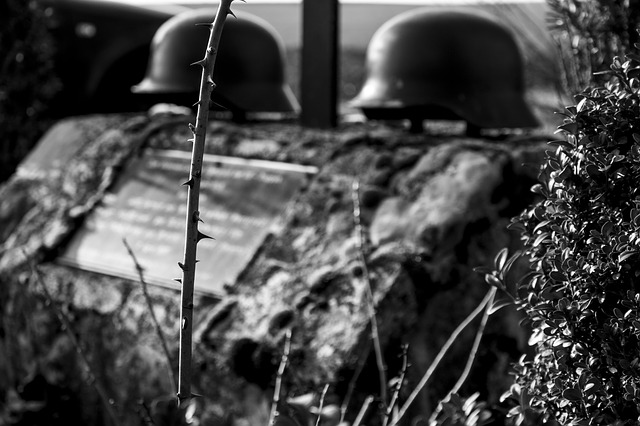A Capetonian man has been commemorated as a World War II hero. Soldier Ebrahim Adams who was born in 1916 allegedly fought as a Sapper in the 1st Field Company, South African Indian and Malay Corps. This formed part of the South African Engineer Corps (SAEC).
As reported by IOL, Adam’s address when he joined was registered as 158 Long Street. He also reportedly escaped from the Italian prison camp on May 7, 1944, and hid with other soldiers in the Fréteval forest until they were rescued in August 1944.
He has now been commemorated at the 75th anniversary of the freeing of the Fréteval Evaders in France.
An author named Rob Belk, and his wife Caire, who live in France share a keen interest in military history and have begun researching the role a family relative played in the rescue of the Evaders. Their research found Adams was with the South African 5th Brigade at Sidi Rezeq, Libya when they were attacked by 150 tanks. The South Africans, however, were overpowered and Adams found himself in Italy as a Prisoner of War (PoW).
“In 1942 while in the Italian POW camp he teamed up with private Rudolph Hoover, from Durban who was also captured. They survived incarceration with Russian POWs in Germany and in 1943 were transferred to Beauvais, France, to repair bomb damage to the airfield. On May 5, 1944, they were told that they were to be sent back to Germany. This spurred their escape plans and on May 7, 1944, they broke free,” Belk said. “They were still clad in their army uniform, without papers and hid in the woods before they contacted a local farmer. On May 26 they were put on a train to Paris where they were met by Cométe Line members. By June 11 they were hidden in the forest at Fréteval.”
Adams was one of two South Africans who was stuck in the forest.
According to a report of the Fréteval camp, Commander Lieutenant Berry highly commended Adams. “His morale, spirit and discipline were very fine the whole time. He never complained and would immediately stop anyone else he heard complaining. He showed-up many white men by his cheerfulness and fine example”.
Picture: Pixabay

